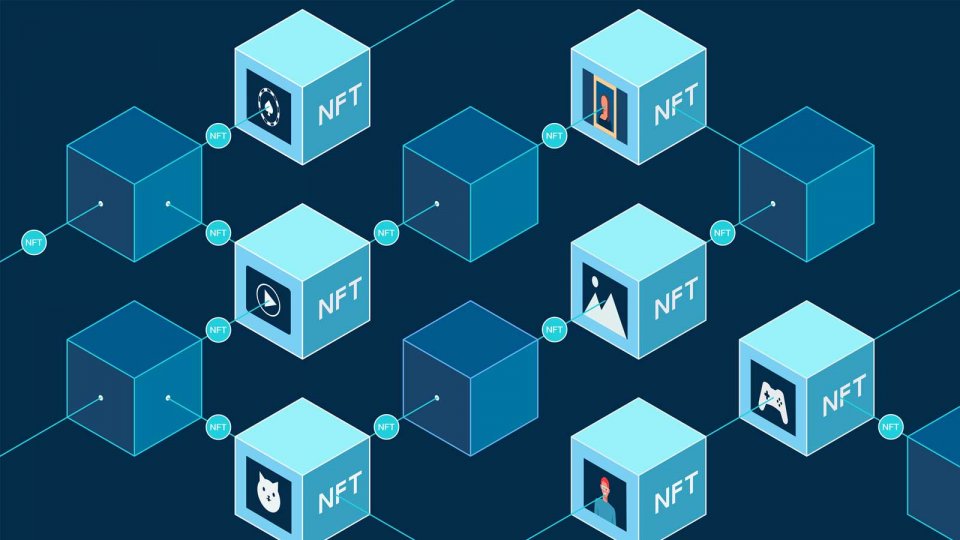What is Blockchain?
At its core, a blockchain is a decentralized and distributed digital ledger that records transactions across multiple computers. This ensures that the recorded transactions cannot be altered retroactively, providing a high level of security and transparency.
Key Characteristics of Blockchain:
-
Decentralization: Unlike traditional databases controlled by a central authority, blockchain operates on a peer-to-peer network, where each participant (node) has a copy of the ledger.
-
Transparency: All transactions are recorded on a public ledger, which can be viewed by anyone. This transparency reduces the risk of fraud.
-
Immutability: Once a transaction is recorded on the blockchain, it cannot be altered or deleted. This permanence ensures data integrity.
-
Security: Blockchain uses cryptographic techniques to secure data, making it highly resistant to hacking and fraud.
How Does Blockchain Work?
A blockchain is composed of a series of blocks, each containing a list of transactions. Here's a simplified explanation of how it works:
Transaction Initiation: A transaction is initiated by a user and is then broadcast to a network of computers (nodes).
Verification: The nodes validate the transaction using consensus algorithms. In the case of Bitcoin, this process is known as mining, where miners solve complex mathematical problems to verify transactions.
Block Creation: Once verified, the transaction is bundled with others to form a block.
Chain Addition: The new block is added to the existing blockchain, making the transaction permanent and immutable.
Applications of Blockchain
Blockchain technology has a wide range of applications across various industries:
Finance: Beyond cryptocurrencies, blockchain enables faster, cheaper, and more secure financial transactions. It also facilitates cross-border payments and smart contracts.
Supply Chain: Blockchain provides transparency and traceability in supply chains, helping to verify the authenticity of products and reduce fraud.
Healthcare: Blockchain can secure patient records, ensuring data privacy and improving the accuracy and accessibility of medical information.
Real Estate: Blockchain simplifies property transactions by reducing paperwork, lowering costs, and speeding up the process of title transfers.
Voting: Blockchain-based voting systems can enhance the security and transparency of elections, reducing the risk of fraud and ensuring accurate vote counts.
Intellectual Property: Artists and creators can use blockchain to protect their intellectual property rights, track the usage of their works, and receive fair compensation.
The Future of Blockchain
As blockchain technology continues to evolve, it holds the promise of transforming numerous sectors by improving efficiency, security, and transparency. However, challenges such as scalability, regulatory concerns, and energy consumption (particularly in proof-of-work systems like Bitcoin) need to be addressed for widespread adoption.
Governments, businesses, and organizations worldwide are investing in blockchain research and development to unlock its full potential. As these efforts bear fruit, we can expect blockchain to become an integral part of our daily lives, driving innovation and creating new opportunities across the globe.



2 comments
Shekhar2024-06-18 16:11:12
Very nice
shivam2024-06-18 16:43:31
Thanks you shekhar